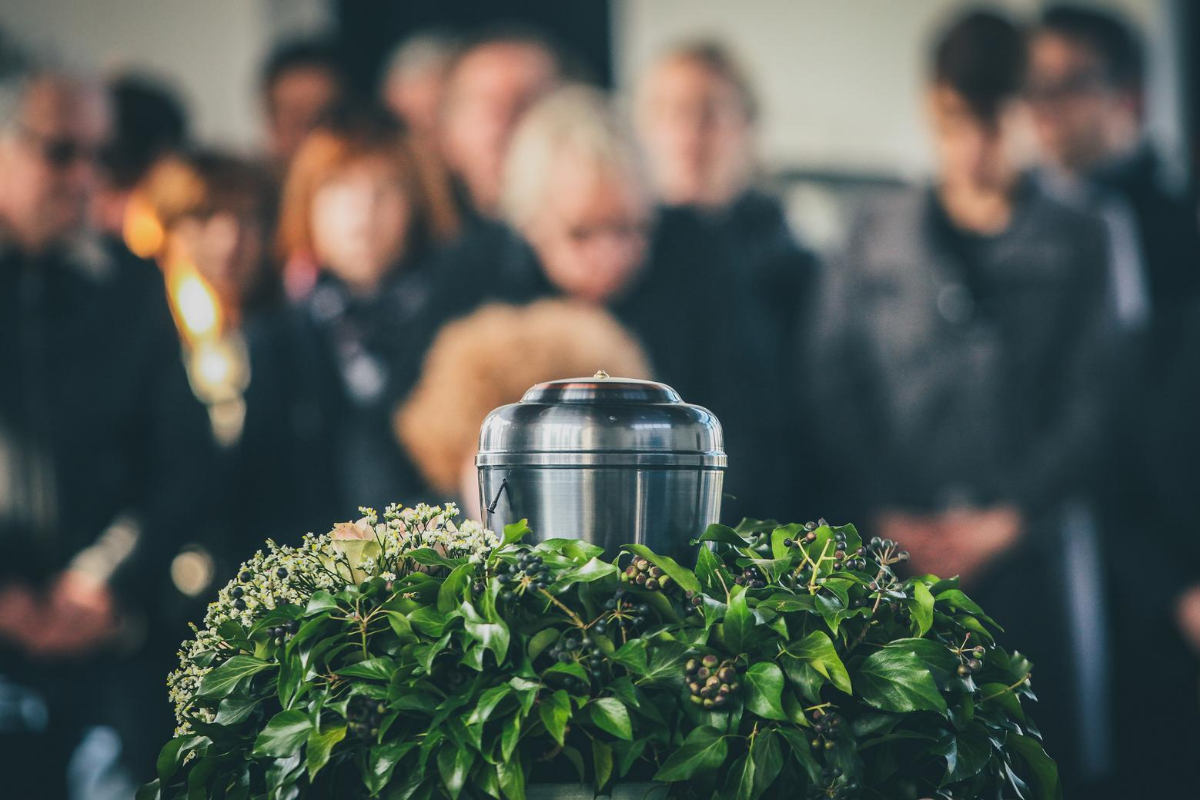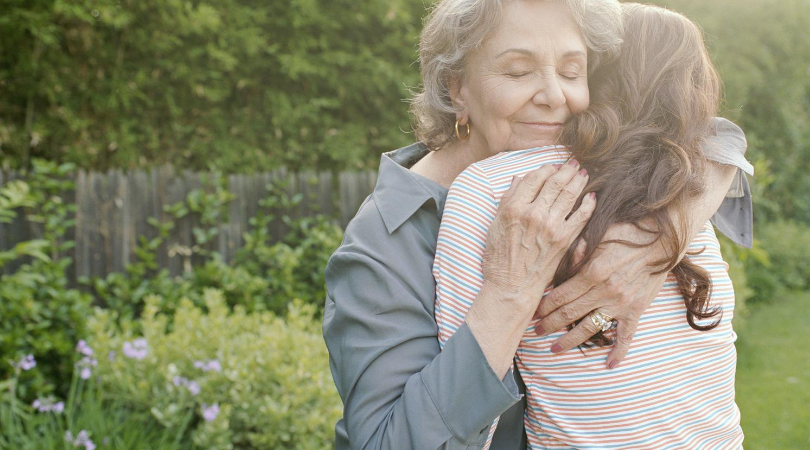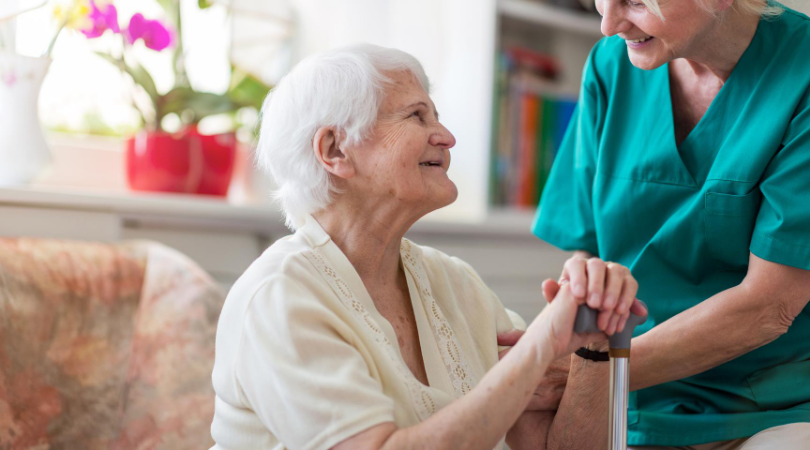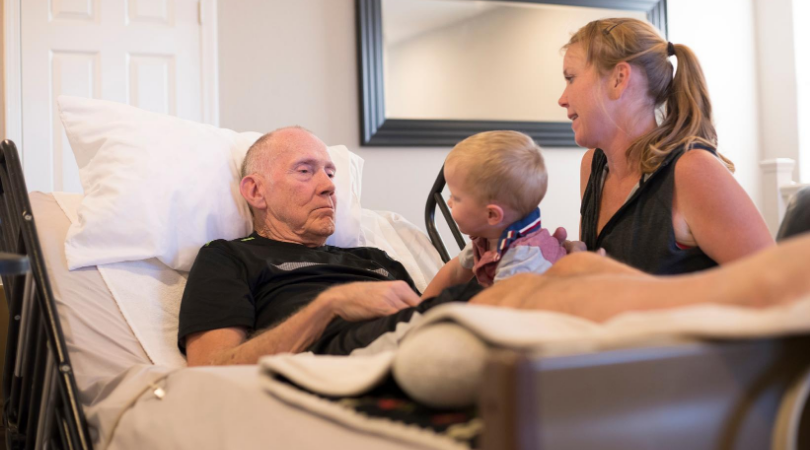5 Ways to Know Your Loved One Had a “Good Death”

When a loved one has died, it’s natural to want to know if they had – what some people call – a “good death.” But what is a good death? This is going to mean different things to different people. But there are five main elements to a good death that almost all people will agree on.
1. Able to Direct Their Final Days
A good death includes accepting that death is inevitable and determining for one’s self how that will be experienced. This includes place of death and when treatment will shift from curative treatments to comfort care. While families and doctors may have the best of intentions in keeping the patient unaware of approaching death, patients report that having true informed consent on their current condition and prognosis allowed them to say and do the things that were important to them in their final days.

2. A Sense of Completion
Everyone wants to know that their life mattered. For some, this has a religious or spiritual context. They may want assurance that past sins are forgiven or take comfort in the completion of familiar religious or spiritual rituals. For others, this sense of completion comes from a life review – knowing that they lived a good life and accomplished the goals that were important to them. In both cases, finding this sense of completion gives those facing death hope, value, and meaning in their lives.
3. Being Free of Pain
When people think of a good death, they imagine it free of pain. Unmanaged symptoms can make that a challenge with certain disease paths, but hospice professionals are trained to manage pain. The hospice team works with patients to manage physical, emotional, and spiritual pain. They may have used a variety of pharmaceutical and complementary therapies to address pain, anxiety, and other symptoms to give your loved one the comfort they needed.

4. Maintaining their Dignity
People want to feel a sense of worth and respect. While illness can rob someone of control over many things in their lives, caregivers can still preserve their sense of dignity. In order to have a good death, your loved one should have been treated with respect. Caregivers should have ensured that their privacy was respected and that their feelings and opinions were given due consideration.

5. Support of Loved Ones
In order to experience a good death, most people want to have the support of loved ones around them. This can be family or close friends. Even if your loved one was unconscious in their final days, they may still have been able to sense the loving presence of people around them. Don’t worry if you stepped out of the room for a few minutes or went home for the night, and your loved one died in that break in time. Sometimes it seems like the dying wait for a private moment to spare their families. The important thing is that you gave your loved one your support and love leading up to that moment.
While we cannot go back in time to give someone a good death, knowing these key components can help us plan for our own death in the future and for those we love. Take the time to put advance directives in place to spell out our medical wishes at the end of life, so those around us can ensure they are followed. Take time to also say or write down the things you want people to know.
Putting a plan in place long before a crisis arrives gives our loved ones and ourselves the best chance of a good death. To learn more about the end-of-life services Crossroads Hospice & Palliative Care provides, please call 1-888-564-3405.
If you found this information helpful, please share it with your network and community.
Copyright © 2020 Crossroads Hospice & Palliative Care. All rights reserved.




